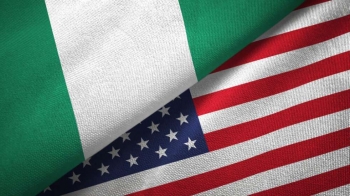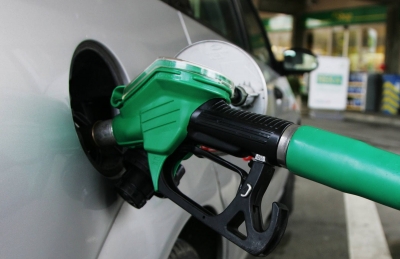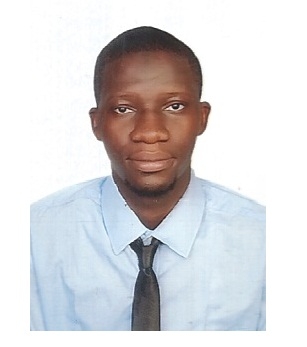News And PoliticsHealth And LifestyleSports And FitnessAgricultureOthersArts And EducationBusiness And MoneyCommunications And EntertainmentRelationship And MarriageStories And PoemsMotivationalsScience And TechnologyIT And Computer ScienceVehicles And MobilityPersonal Care And BeautyFamily And HolidaysFood And Kitchen
profile/6043MEEEE.jpg
Mafroosh12

What US Rescue Mission In Nigeria Exposed
~1.8 mins read
The recent United States rescue mission, on Nigerian territories, where a team of US elite commandos rescued one Philip Walton, an American citizen, from kidnappers made headlines in many countries around the world including Nigeria, of course.
The US Defence Department announced the successful early-morning rescue operation, which took place barely 96 hours after Walton’s kidnapping in Massalata, a village in southern Niger near the border with Nigeria.
As a typical US clandestine operation, the Central Intelligence Agency (CIA) had tracked the kidnappers through the signals of their mobile phones while the US “Marine Special Operations elements in Africa helped locate him†as reported by ABC News.
Based on that intelligence about 30 US commandos were, according to The New York Times, “parachuted into the remote area where the kidnappers had taken Walton early Saturday morning. They hiked about three miles until they came upon the captors’ small encampment. An intense but brief gunfight followed in which one captor escaped. Walton was not harmed and whisked from the camp to a makeshift landing zone where a U.S. helicopter brought him to safety.â€
The US conducts daring clandestine operations in many countries without necessarily the knowledge of their respective governments, thanks to its world’s most sophisticated espionage technology and the world’s best-trained and best-equipped undercover operatives and commandos.
Even when it conducts such an operation in a supposedly friendly country, many a time, the US only informs the government of the country when the operation has been done already. Also, even in the event when it’s absolutely unavoidable to involve the government in some stages of the process, the US operatives would manage it in a way that the government concerned wouldn’t necessarily figure out what was going on exactly until the operation has been done.
Sometimes, the US claims that the operation was conducted in coordination with the country where the operation has been done to save it the embarrassment of dealing with its aftermath.
Since the beginning of the outgoing Trump administration, it has “rescued over 55 hostages and detainees in more than 24 countries†according to the outgoing President. Of course, some operations fail and sometimes the US runs out of options but to reluctantly negotiate or even pay ransom for the release of its kidnapped citizens in foreign lands.
Regardless of the legality or otherwise of such operations, they suggest how a serious-minded government prioritises the security, wellbeing and other interests of its citizens at any cost. They suggest the extent to which any responsible government can go to save and protect the lives of its citizens.
profile/6043MEEEE.jpg
Mafroosh12

Fuel Pump Price, Saudi Arabia And Grubby Arguments
~1.1 mins read
To be sure, I listened afterwards with real curiosity to Mr. president’s broadcast while reflecting on the above. Placing side by side Al Maktoum words with the content of Mr president’s broadcast to understand more fully the essential ingredients of leadership foresight and objective.
In the end, not only did the analysis assisted me in assessing their priorities but further clarified the age-long belief that the interest, ‘subjects take in their leader does not lie in the leader’s physical and intellectual abilities, but lies rather in what he can add to their lots in life’.
Now, let’s be clear about what happened; President Buhari during the broadcast among other things declared; in the circumstances, a responsible government must face realities and take tough decisions. Petroleum prices in Nigeria are to be adjusted. We sell now at N161 per litre.
A comparison with our neighbours will illustrate the point; Chad, which is an oil-producing country charges N362 per litre; Niger, also an oil-producing country sells 1 litre at N346; In Ghana, another oil-producing country, the petroleum pump price is N326 per litre; Further afield, Egypt charges N211 per litre. Saudi Arabia charges N168 per litre. It makes no sense for oil to be cheaper in Nigeria than in Saudi Arabia.
Clearly, Buhari’s view/arguments are well understood but not without difficulties. And it will be naïve of this piece proceeding without spot incongruities while underlining his (Buhari) created ‘realities and the actual realities confronting the nation’.
Advertisement

Link socials
Matches
Loading...
